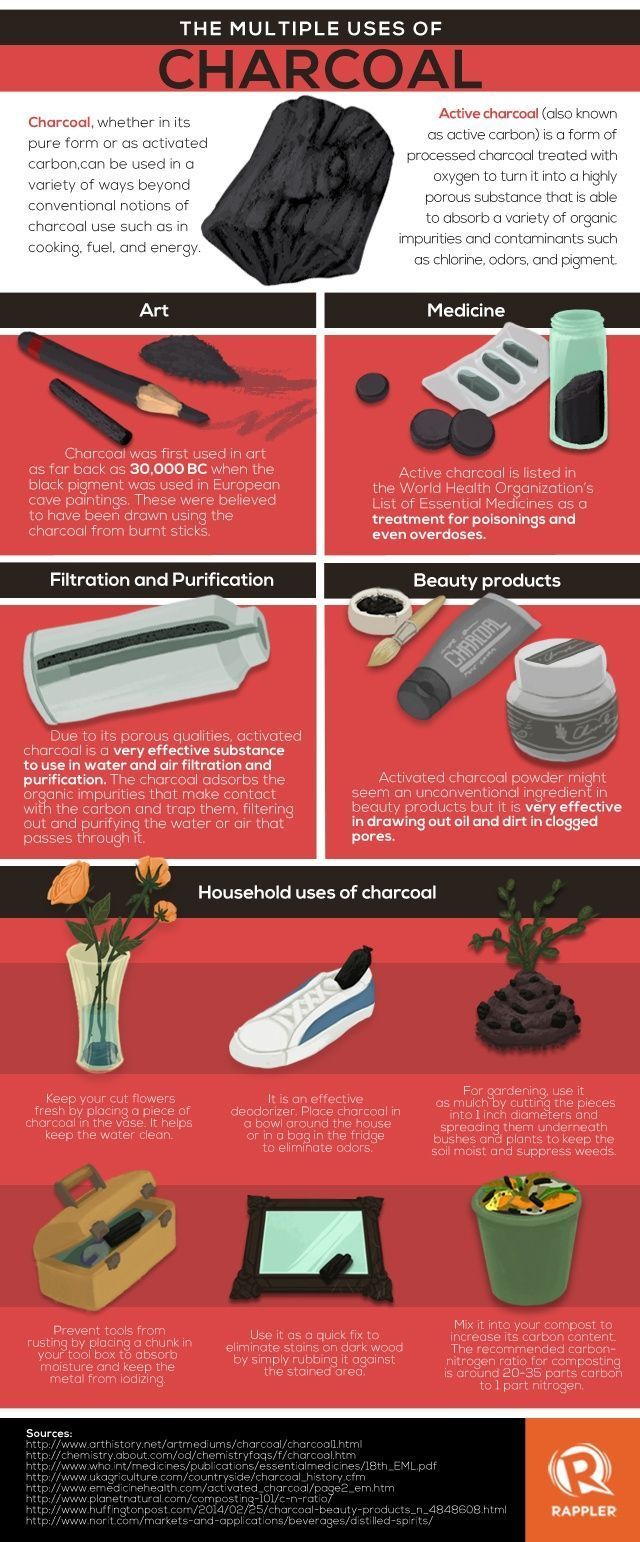5 Indicators That It Is The Right Moment To Update Your Home Heating And Cooling System
5 Indicators That It Is The Right Moment To Update Your Home Heating And Cooling System
Blog Article
Post Created By-Burke Marker
Is your home heating and air system on its last legs? Like a car that's seen better days, your a/c system can start showing indicators of damage. But how do you recognize when it's time to bid farewell to your old faithful and welcome in a new, a lot more efficient design?
Well, my friend, if you've been discovering your system regularly running, weird noises floating through the air, or a sudden increase in your power bills, then it could be time to take into consideration a substitute. Yet that's not all-- there are a couple of other indicators that you will not wish to miss.
So, buckle up and prepare to find the indications that could be a game-changer for your home comfort.
Regularly Running or Never Cycling off
If your home heating and air system is regularly running or never biking off, there might be a malfunction that needs prompt focus. This concern can show a couple of different problems with your system.
One opportunity is that the thermostat isn't working appropriately, creating it to constantly indicate for the system to run.
One more potential reason could be a stopped up air filter, protecting against correct airflow and causing the system to work more challenging and much longer.
Additionally, a malfunctioning follower or blower motor can likewise be the perpetrator, maybe unable to successfully flow air throughout your home.
Regardless of the precise reason, it is necessary to resolve this concern immediately to avoid more damage to your system and to ensure ideal energy effectiveness.
Unusual Sounds or Uncommon Scents
You might see odd noises or uncommon smells coming from your home heating and air system. These indications could suggest that it's time to replace your system.
Below are some possible factors for these odd sounds and smells:
- Rattling or banging sounds: This can suggest loose or broken parts within the system, such as a motor or fan. It is essential to resolve this concern promptly to stay clear of further damage.
- Air conditioning cleaning contractor or moldy smells: This could indicate the existence of mold and mildew or mold within the system, which can influence your interior air quality. Skilled heating and air company near me to address this issue as it can result in breathing issues.
- Burning or metal scents: This could be an indicator of overheating or electric problems. It's important to take immediate action to prevent any prospective fire dangers.
If you see any of these indications, it's suggested to consult an expert cooling and heating service technician to analyze your system and identify if substitute is needed.
Irregular or Poor Heating/Cooling
Experiencing irregular or poor heating and cooling in your house can be a discouraging and awkward situation. It is necessary to have a reliable heating and cooling system that can maintain your home at a comfy temperature level year-round.
If you find that your home isn't heating or cooling evenly, with some areas being as well warm while others are also cold, it may be time to replace your heating and air system. Insufficient heating or cooling can be brought on by a selection of problems, such as a malfunctioning thermostat, blocked air filters, or a damaged a/c unit.
Regular Repairs and Breakdowns
When your cooling and heating system requires regular repairs and experiences break downs, it's an indication that it might be time to think about replacing it. Continuously taking care of repair services can be frustrating and costly, and it is very important to identify when your system is no more reputable.
Below are 3 reasons regular repair work and failures need to prompt you to think about changing your home heating and air system:
- ** High repair expenses **: Constant repair work can quickly add up, and you may find yourself spending more cash on repairing your system than it deserves.
- ** Lowered energy efficiency **: Older systems have a tendency to become less reliable over time, causing greater power expenses and thrown away energy.
- ** Inconsistent comfort **: If your system is regularly breaking down, you may experience temperature fluctuations and pain in your home.
Thinking about these factors, it deserves discovering the alternative of changing your system to save money, improve energy effectiveness, and ensure constant convenience in your home.
Substantial Rise in Energy Costs
If your regular monthly energy costs have actually been continuously boosting, it might be a clear indication that it's time to think about replacing your home heating and air system. As your cooling and heating system ages, its effectiveness decreases, creating it to function more difficult and consume more energy. This can result in a significant increase in your energy expenses.
Old and outdated systems may have damaged components, such as electric motors, followers, or compressors, that call for more energy to work appropriately. Furthermore, dripping ductwork or bad insulation can lead to power loss, forcing your system to function also more difficult to maintain a comfortable temperature level.
Final thought
If you're experiencing any one of these indicators with your home heating and air system, it's time to think about a substitute. Neglecting these problems can result in discomfort, higher power bills, and constant repair services.
Actually, did you know that home heating and cooling represent about 48% of the energy usage in a typical united state home? By updating to a much more effective system, you can not just improve your comfort yet additionally save money on energy costs.
Do not wait till https://www.villagevoice.com/2022/06/29/how-often-do-air-conditioners-fall-out-of-nyc-windows-and-kill-people/ 's far too late, act currently and delight in an extra dependable and economical home climate.
